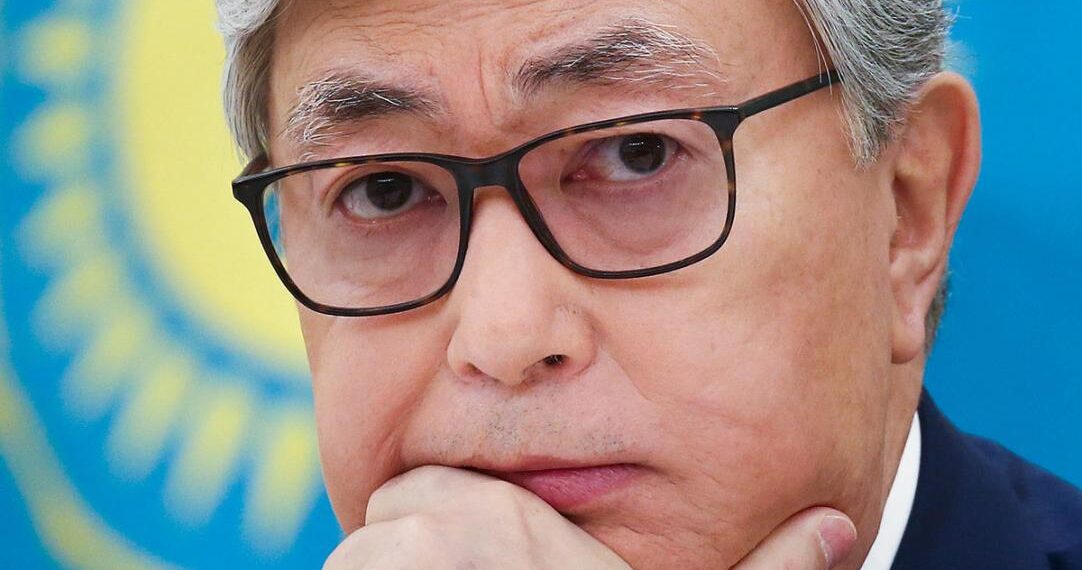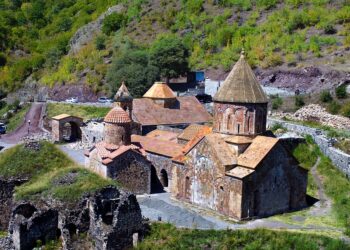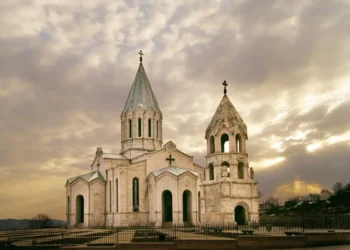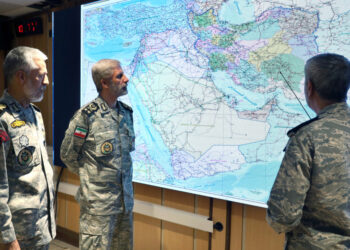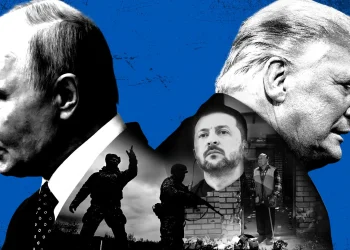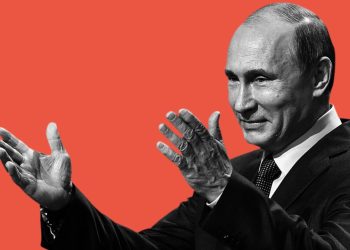NUR-SULTAN (Realist English). President of Kazakhstan Kassym-Jomart Tokayev delivered a sensational report to the deputies of the National Parliament on September 1. It became a logical continuation of the previous statements by Mr. Tokayev, which are related to the great reform of Kazakhstan, proclaimed by him a few months ago. We can say that on September 1, Tokarev presented the final part of his reform doctrine, which is very large-scale and ambitious. In fact, we are talking about a complete restructuring of the state-political and socio-economic foundation of modern Kazakhstan, if you like, about its re-establishment.
President Tokayev announced a whole package of reforms — administrative, judicial, economic, educational, as well as in the sphere of health and security. The head of Kazakhstan also announced his intention to launch an early electoral cycle by holding presidential elections (autumn 2022) and parliamentary elections (spring 2023) within the next six months.
The reform doctrine proposed by Kassym-Jomart Tokayevdemonstrates his intention to become not only a formal, but also a real national leader. He sees the basis of his legitimacy not as a pat on the shoulder by Nursultan Nazarbayev, but the multinational people of Kazakhstan, to whom Tokayev offers a new social contract. It is obvious that this step of the president is destined to success from the point of view of the attention of the Kazakh public opinion. Tokayev perfectly feels the mood of the voters, so his initiatives are to the point and accurate. Of course, there is a very high-quality work of the aides to the President of Kazakhstan (greetings to the team of Erlan Karin), who, as always, keep their finger very tightly on the pulse of public sentiment and react sensitively to their changes, allowing the head of state to find optimal narratives, initiatives and gestures in dialogue with the population of the republic.
The Tokayev Doctrine, presented on September 1, rather rigidly and pragmatically assigns the initiative to the president in the strategic, tactical and political-technological dimensions of Kazakhstan’s socio-political life. Tokayev now feels very confident and this cannot but cause counter-sympathies of voters and nervousness of elites. The President of Kazakhstan plays on these reactions as on multiple chessboards, changing the current republican political landscape to suit his goals and objectives.
Contrary to the expectations of some experts and politicians, Kassym-Jomart Tokayev did not postpone the presidential elections for 2024 and decided to hold them in the coming autumn, apparently in November. There is no doubt that Tokayev will win these elections and will receive a qualitatively different, higher level of political legitimacy than today. This will further expand the corridor of opportunities for Tokayev, which, no doubt, he will actively use. Perhaps after that we will see another Kassym-Jomart Tokayev, not very similar to the one who was elected as the successor to Nursultan Nazarbayev. Actually, after November 2022, such an identity of Tokayev as the “successor to Nazarbayev” will disappear completely, instead of it, the independent President Tokayev will come to the fore, intending to become the national leader of Kazakhstan.
Of course, gaining the status of a national leader is a much more difficult task than winning early presidential elections. Its success directly depends on the efficiency of the systemic reforms announced by Tokayev. And here a variety of surprises are possible.
Of course, the implementation of the “Tokayev doctrine” is now being closely monitored not only in Kazakhstan, but also beyond its borders, in particular, in Russia. Tokayev’s reforms are important for the entire post-Soviet space. After all, Tokayev tried to propose a new strategy for overcoming “post—Soviet” – transit to a qualitatively new stage of historical and socio-political development of the republics of the former USSR, which are experiencing a natural process of generational change in political, demographic, ideological and other spheres.
We see how difficult this transit takes place in a number of post-Soviet states. Unfortunately, it is impossible to do without armed conflicts and political coups. Kazakhstan, hovering over the abyss for a moment in January 2022, managed not only to stay on the edge and then stabilize its system, but also to offer a constructive, non-forceful, reformist scenario for overcoming the systemic crisis. This became possible largely thanks to President Tokayev personally, which has already written his name into history.
It is not yet known whether Tokayev will be able to take a new political height by implementing the concept of reforms and by becoming the undisputed national leader of Kazakhstan. The next year, apparently, will be decisive in this sense.
Andrey Serenko is Head of the Analytical Center of the Russian Society of Political Scientists, special to Realist English


